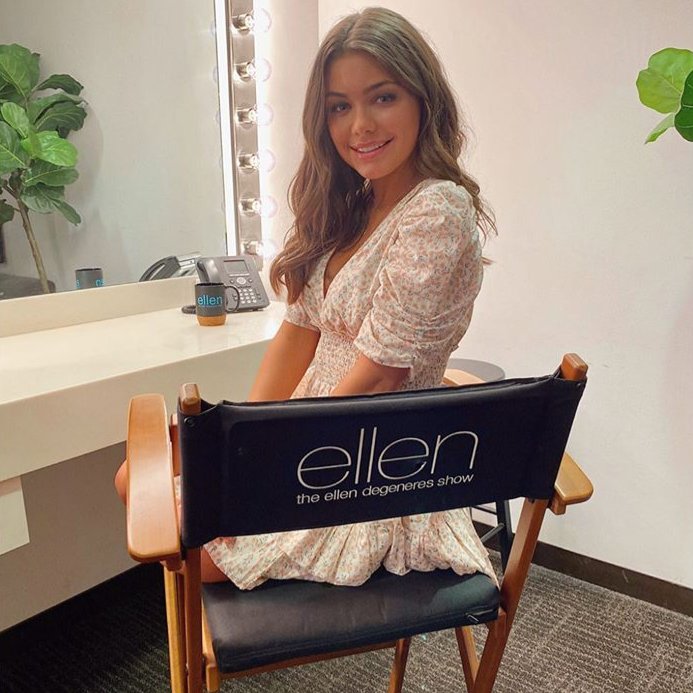
My 17-year-old grandson is in the process of exploring where he wants to go to university.
As usual, there are ‘good’ places and ‘better’ places, and he is pondering where he is likely to be accepted and the general implications of any decision.
This got me reminiscing about how I didn’t get accepted by my first choice of college (Radcliffe College, then connected to Harvard University and later merged with it). I was devastated at the time and felt a complete failure.
But, in fact, that one failure was a major turning point in how my life turned out. At the time, I was sure it would be for the worse. In retrospect, I think it was very much for the better.
How many decisions – whether made by you or made for you – change the course of your life on the turn of a dime?
My Story in Brief
Not all decisions about which university to attend seriously alter your life, although they do doubtless alter it in small ways.
But in my case, because I failed to get a place at either of my first two college choices, I went to a large State University, which had been suggested as a fallback by a friend of my family who taught there.
(As I thought it would never happen, I didn’t think any fallback mattered much. Oh dear, how unable we are to imagine the worst when we are young. Or, perhaps I should say, when we are young and an inveterate optimist.)
Although I was happy enough with the education at this university, I was keen to do a ‘junior year abroad’ (for non-Americans, this is studying abroad during the third year of a four-year course). I chose to spend a year at the London School of Economics.
And, as these things happen at that age, I fell in love with an English student, just finishing his economics course at the time.
We eventually married and decided to live in London. We had two children, who each had one son, including the one currently considering what university to attend.
I am very certain that I never would have done a junior year abroad had I gone to either of the other colleges. They would have discouraged such a plan.
Counterfactuals
It is somehow interesting to consider counterfactuals.
A counterfactual, for those unfamiliar with the word, is an exercise in thinking about what would have happened if a different decision had been made at some point along the way.
Students of history love to explore these ideas. What would have happened to civil rights and other legislation if President Kennedy had not been shot? Or how would the Second World War have turned out if the Japanese had not bombed Pearl Harbour?
One can spend hours on these hypothetical questions.
Perhaps it is something about growing older that makes us think more consciously about our past decisions and how we got to be where we are. Growing older makes us think about so many things, as I have discussed elsewhere.
Indeed, I have already written one article about how I had once wanted to be a ballet dancer, but that was slightly tongue-in-cheek. Yes, I did want to be a dancer when I was a child, but it was a very unlikely event in any case.
But it is less unlikely that I could have been accepted at one of the two colleges of my choice. I have no idea what I would have decided to study (my eventual decision was highly influenced by a very stimulating professor of political thought) and who I would have married.
It is very unlikely that I would have ended up in London, which has been my home for nearly 50 years. And certainly not with the same Englishman.
Strange to think. And, as I told both my daughter and her son, if I had got into a different college, where would you all have been?
Do you ever think about the slim threads on which our lives depend? What if you hadn’t gone to that particular party? What if that special high school teacher hadn’t urged you to follow a particular dream? What if you hadn’t got pregnant when you did?
You can take it even further and speculate on what if your parents had not met by chance on a particular day. And so forth up the line.
It can all unravel in the time it takes to ask the question.
Let’s Have a Conversation:
What key decisions in your life changed your life course? Do you think you would have been happier or less happy with a different path? Are you still making decisions that will affect the rest of your life?





